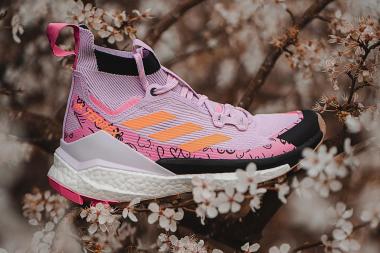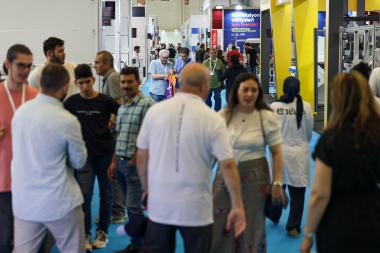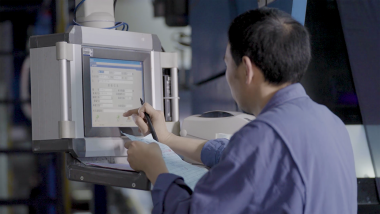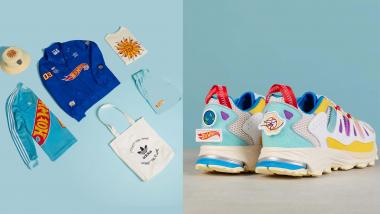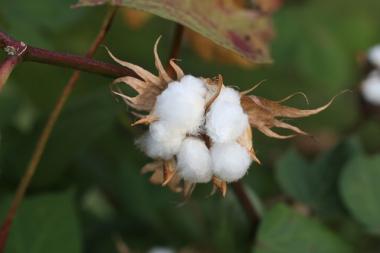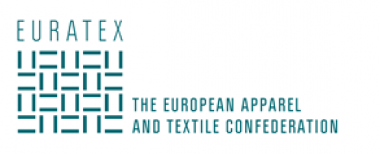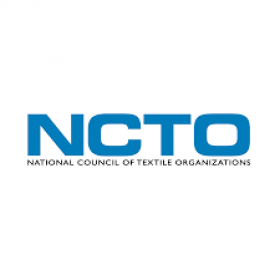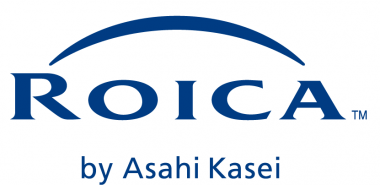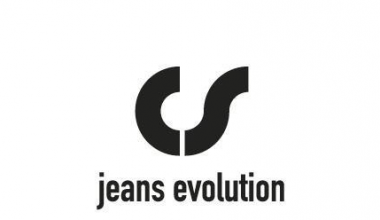Virtual Samples: SHIMA SEIKI and KDDI launch XR Mannequin for APEXFiz
SHIMA SEIKI announces a sales promotion package for the apparel industry together with KDDI, Linking 3D fashion design with cross-reality― realizing digital catalogs, VR showrooms and new customer experience allowing 360-degree viewing without actual samples
Leading fashion technologist SHIMA SEIKI MFG., LTD. of Wakayama, Japan together with telecommunications company KDDI Corporation of Tokyo, Japan launched "XR Mannequin for APEXFiz," a sales promotion package that links SHIMA SEIKI's APEXFiz design software for the apparel industry with KDDI's XR (cross-reality) technology.
XR Mannequin for APEXFiz will be offered to the apparel industry. Using an XR Mannequin that enables viewers to check product images from any angle in 360 degrees on various devices, XR Mannequin for APEXFiz enables digital catalogues with 3D virtual sample image data of garments designed on APEXFiz design software, 360-degree VR showrooms, as well as digitally extended stores. It also realizes virtual proposals at exhibitions, showroom-style stores with no inventory, and user-friendly purchase experience on e-commerce sites, and more. It also allows users to reduce excess stock at stores and create new sales opportunities.
Eventually, by adding movement to models wearing Virtual Samples and rendering them on a cloud server, customers will be able to view high-resolution virtual fashion shows on their smartphones and other devices.
Until now, the apparel industry has been making actual product samples in each of the planning and design stages of production. This process not only takes an enormous amount of time and cost, but generates waste of raw materials including fabric that require disposal. At the retail stage, stores also needed to have various sizes and colors in stock to address a wide range of customer preferences, resulting in excess inventory.
With SHIMA SEIKI's APEXFiz, designs can be evaluated without making actual samples, minimizing resources spent on sample production as well as lead time, enabling environmentally-friendly manufacturing.
In May 2022, KDDI developed a high-resolution XR mannequin for apparel sales, with support from Google Cloud. It enables various devices such as store signages and smartphones to check products from any angle in 360 degrees, enabling stores to sell products without maintaining inventory.
SHIMA SEIKI and KDDI combines APEXFiz and XR Mannequin to start providing XR Mannequin for APEXFiz. This brings DX solutions to all stages in the supply chain for the apparel industry, from planning and design to sample making, production, distribution, and retail sales. SHIMA SEIKI and KDDI will continue to create services together that link each other's products, to bring about a sustainable society by reducing excess stock, and providing a customer experience that gives peace of mind when purchasing products.
SHIMA SEIKI











